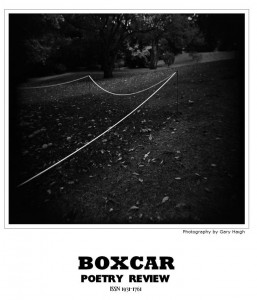The Figure of the Father
If you’ve read my book, you’ll know that my father shows up in a number of poems and the book moves from an exploration of exile and home into something of an elegy for my father and others who have passed on. I think the figure of the father is an important one to many of us. Many of my favorite poems revolve around the father. The father as foil. As counterpart. As template. As warning. As authority. As loss. Fathers are often fixed points, what we measure ourselves against, the poles to which we find ourselves tethered to and which we strain to break free. Sometimes the father is an anchor. Sometimes the father is a mirage. A ghost. A myth we tell ourselves. The father is many things at once. For me, often my father was home.
Here’s the last poem from my book, The Lost Country of Sight:
I Dream My Father on the Shore
What I am learning to give you is my death.
— Wendell BerryOutside, beneath the light of late October’s candled sky
the weave of ash and maple burns. We stand silent on the graveled shore.
My father lifts his father’s ashes from its urn, a strangely heavy thing ,
he seems to say, his arms swaying , then casting out into the long dark
as if to throw a line, while we wait for some sound, a wave,
whatever marks the distance between a father and a son.And when night comes, it comes without a tread, without a word.
The stars, flickering in their endless retreat, more distant and sure
than before, do nothing while the shadows continue to fill the trees
with their cast-off clothes. The harvest is long past, the apples
have fallen to the orchard floors. Even my father turning to go
is almost lost to the reeds already in his path, his figure no more
than a pattern of light — a memory of a road that winds
through the darkness to our waiting ride home.
My favorite father poems include:
- “My Father With Cigarette Twelve Years Before the Nazis Could Break His Heart” – Philip Levine
- “His Father, Singing” – Leslie Norris
- more to come as I think of them
What are your favorite poems about fathers?
